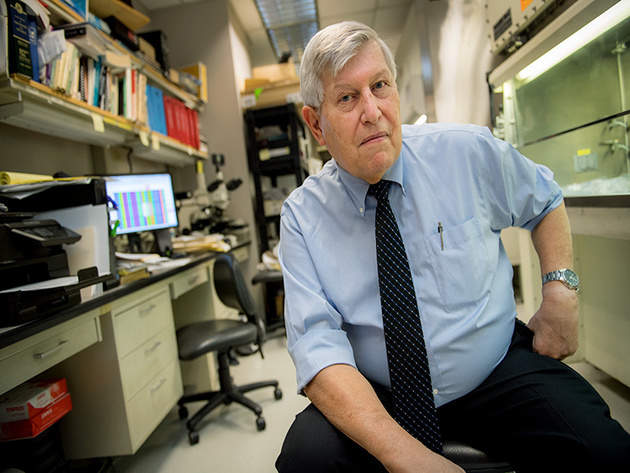

Tulane University in the US has reported positive results from a clinical trial of its new drug AQ-13, which is being developed for the treatment of malaria.
Developed by the University’s School of Public Health and Tropical Medicine professor Dr Donald Krogstad, the new drug is designed to treat drug-resistant strains of the malaria-causing Plasmodium falciparum parasite.

Discover B2B Marketing That Performs
Combine business intelligence and editorial excellence to reach engaged professionals across 36 leading media platforms.
The results showed that the drug is effective against non-severe cases of malaria and cleared the parasite within a week, demonstrating non-inferiority to existing treatment regimen.
Previously, chloroquine had been used to treat malaria until the parasite developed resistance, and currently a combination of artemether and lumefantrine is being used as the primary treatment.
It is reported that in some countries, the parasite is developing drug-resistance to even the combination.
Dr Krogstad said: “The potential long-term implications are bigger than one drug. The conceptual step here is that if you understand the resistance well enough, you may be actually able to develop others as well."

US Tariffs are shifting - will you react or anticipate?
Don’t let policy changes catch you off guard. Stay proactive with real-time data and expert analysis.
By GlobalDataFor the trial, researchers from the University enrolled 66 adult men with uncomplicated malaria in Mali.
Of the total patients, 50% were administered with AQ-13, while the remaining 50% were treated with artemether and lumefantrine combination.
While both the groups showed similar cure rates, five participants in AQ-13 group are reported to have discontinued the study or were not available for follow-up.
Additionally, two subjects in the combination therapy group had experienced late treatment failures with recurrence of original infections.
Before making AQ-13 available for treatment, the researchers intend to expand its evaluation to a wider population, including women and children.
Image: Tulane University School of Public Health and Tropical Medicin professor Dr Donald Krogstad. Photo: courtesy of Tulane University.





